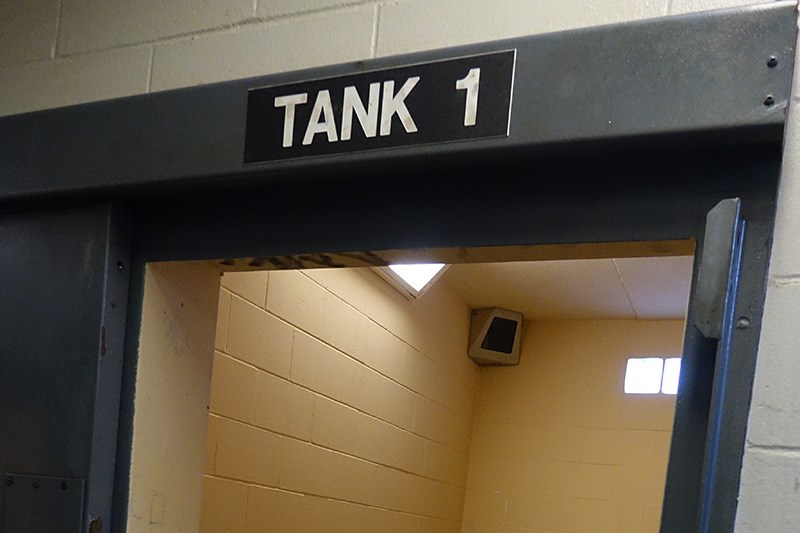While it may be somewhat comforting to hear, as Thompson RCMP detachment officer-in-charge Insp. Chris Hastie told the Thompson Chamber of Commerce March 24, that the city could have a lower crime severity index (CSI) score when Statistics Canada’s annual crime survey for 2020 comes out sometime later this year, the reality is that Thompson is going to be at or near the top once again regardless and that the city needs to change the way addictions-related problems are dealt with.
More serious crimes which typically result in longer prison sentences for those who are found guilty of them, such as violent crimes against people, weigh more heavily in the CSI calculations than less serious crimes, which resulted in a spike in 2019, when there were numerous assaults with machetes in Thompson. But a large number of so-called nuisance crimes such as public intoxication, disorderly conduct and mischief also have a significant combined effect and, while violent crimes or other serious infractions, such as breaking and entering, can vary considerably from year to year, the volume of calls for service to Thompson RCMP has remained fairly consistent over the last several years, at about 20,000 annually. About 25 to 30 per cent of those – 5,000 or 6,000 a year – are for nuisance crimes.
If you have nowhere to live and an addiction, most commonly to alcohol, there’s a pretty good chance you may end up interacting with the police for public intoxication. And while taking an intoxicated person off the street and into the drunk tank may be safer for them than being left on the streets, it simultaneously is a less-than-ideal use of police resources and a less-than-ideal situation for people with addictions while contributing to Thompson’s crime statistics.
It has now been more than a year since the provincial government announced it was providing money for the establishment of a sobering centre – a non-police facility where intoxicated people can safely sober up with adequate medical supervision. While the COVID-19 pandemic has understandably slowed the process of actually getting it established down, it is long since time that there was one. It was long since time that there was one when the money to create one was announced. Go back 10 years and you will see municipal politicians in Thompson calling for such a facility. Hopefully by this time next year, it will actually be up and running.
Having a sobering centre isn’t going to solve Thompson’s crime issues or image issues that arise when visitors see people openly drinking on the streets. The city’s very location makes it a centre for drug dealing and the violence that accompanies that trade. However, Rome wasn’t built in a day and the fact that one solution won’t fix everything all at once isn’t any reason not to implement or welcome it. Given its size and location, it’s unlikely Thompson will ever not be near the top of the CSI survey, just as communities with similar geographies and populations are in other Western Canada provinces. But not having RCMP officers needing to deal with as many nuisance complaints will free them up to apply their efforts in other areas and try to make the city safer. Unfortunately, if those efforts are successful, they will also be included in Thompson’s crime statistics. Sometimes, success can be a double-edged sword.




